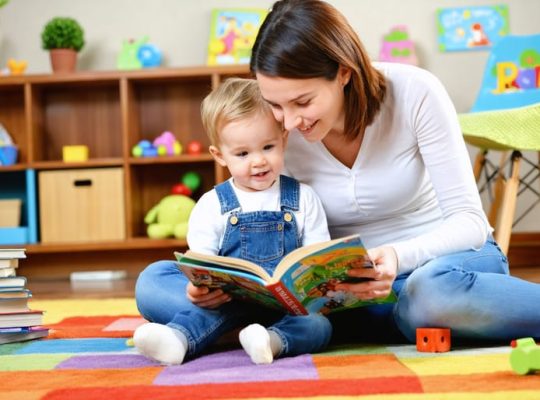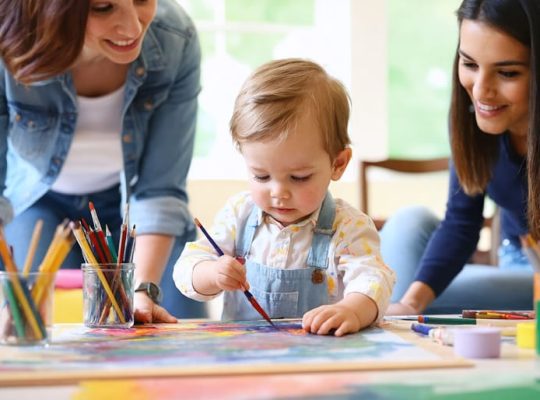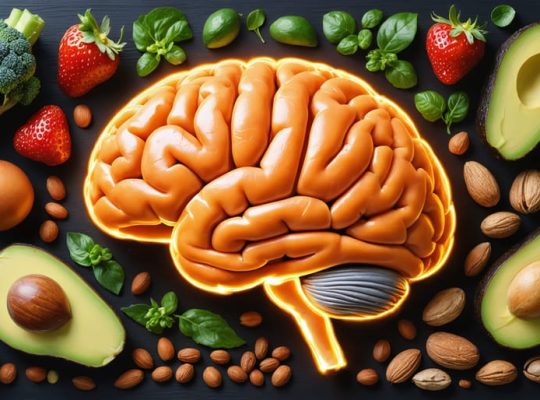Building Trust That Lasts: How to Create Strong Family-Professional Partnerships in Child Mental Health
Building genuine partnerships with patients and their families transforms healthcare outcomes through proven collaborative care models. Research consistently shows that when healthcare providers actively engage families in treatment decisions, patient satisfaction increases by 87%, and recovery times decrease significantly.
Establish open communication channels from the first interaction by implementing structured family meetings, providing multiple contact options, and creating clear documentation …










